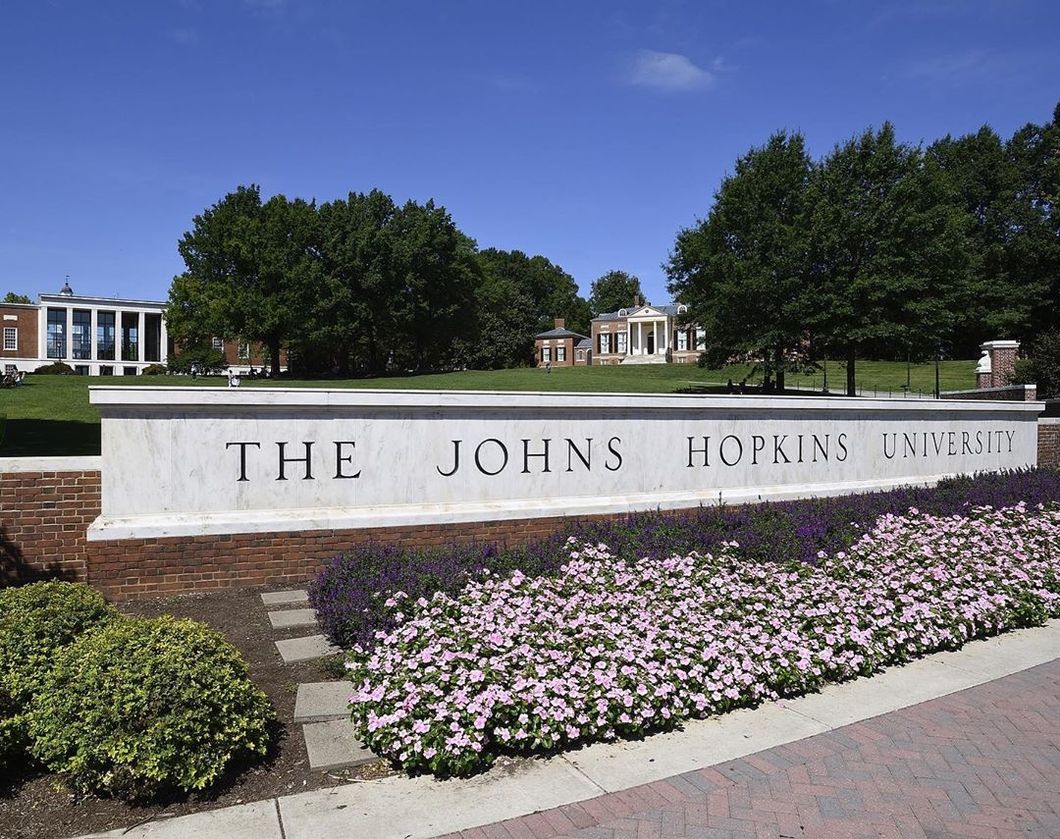For Johns Hopkins University, the past decade has been characterized by a quiet transition away from one of higher education's most common injustices: legacy admissions. A practice adopted by the most selective institutions in America, legacy admissions effectively afford relatives of alumni higher priority in the college admissions process compared to their peers.
Legacy preference practices have become rampant throughout the country, and it's estimated that simply being related to an alumnus of a school can increase a student's likelihood of getting in by a factor of four. Not only does this present a clear prejudice against first-generation students or students whose parents did not attend a college, but it undermines the entire American ideal of "pulling yourself up by the bootstraps." Students can work hard for their entire lives, have exceptional test scores and achievements, and still be passed over for the opportunity to study at a top university simply because of who they are related to. In academia and the workforce, career-related advancement is often closely tied to the institution you attended, meaning legacy preference practices can negatively affect even the most hardworking of students over their entire career.
It's obvious that this system is corrupt, and Johns Hopkins made a step in the right direction by doing away with it. So why do higher-education institutions continue to accept applicants based on heritage instead of talent? The answer lies where it almost always does: money. An institution that takes on the children of alumni is able to maintain a connection with these alumni, inspiring more donations to fund research and facilities. And in the world of prestigious academia, money is everything. Harvard, for example, received about 8% of its operating revenues from alumni and foundation gifts in 2019. Though the institution could surely still run with less of these funds, they would find it more difficult to compete against other schools in terms of research, academics, and athletics. And even outside of finances, many colleges place value on intergenerational relationships for their positive effect on the school's sense of community. The corruption of the legacy system becomes easy to overlook when there are so many benefits of maintaining alumni relations.
Still, it's more than possible for higher education institutions to function without constantly recycling alumni; John Hopkins University has proven this. After lowering the percentage of legacy students from 12.5% to 3.5% in just 10 years, the university continues to thrive and ranks No. 10 in National Universities as of 2020 with no financial hardship to speak of. In extending its admissions to talented students who may or may not be related to alumni, the school maintains both its standard of excellence and its integrity. And, for the sake of talented students everywhere, it's about time other schools started to do the same.









































